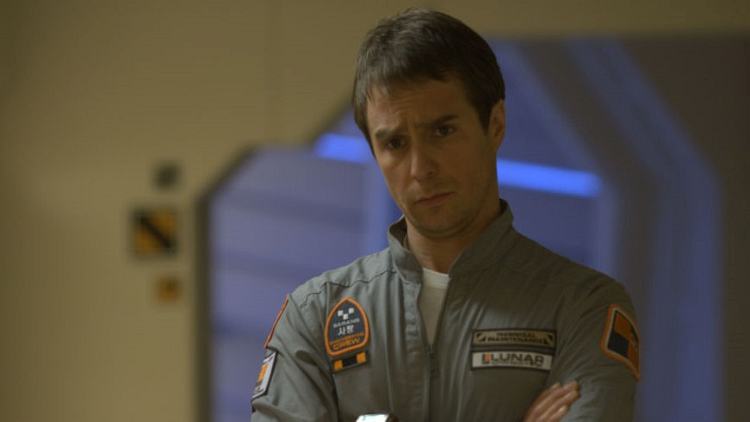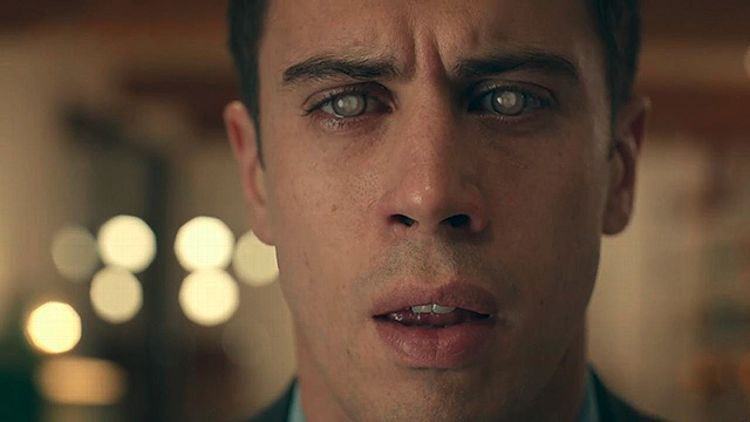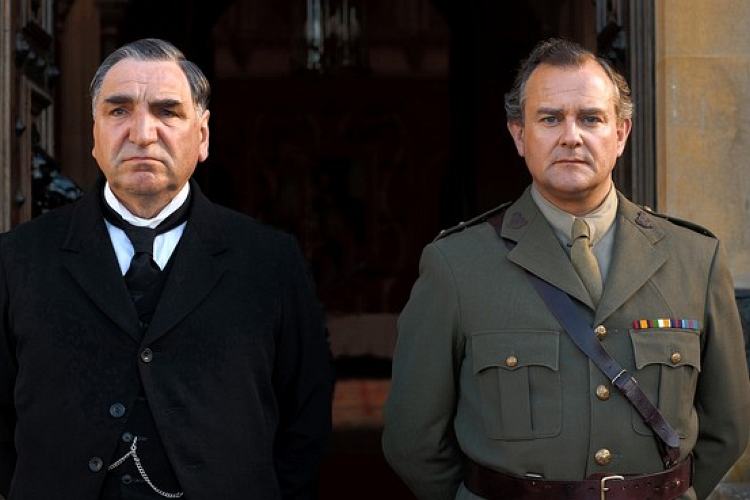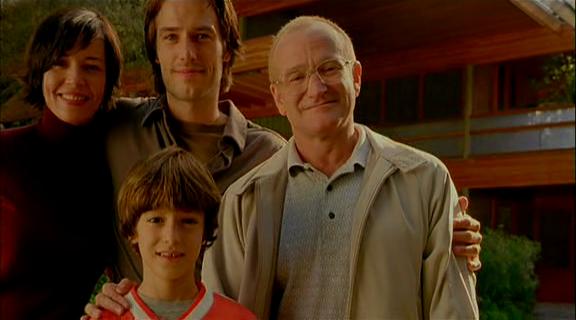When Ignorance Is Bliss
Convince me that the truth would be beneficial to you in at least one of the following scenarios.
-
1. A young man on a till just wished you 'good day'. He didn't mean it at all.
2. A viral video made you laugh. It transpires that every step of the video was planned in great detail. Its seemingly organic nature and the set of chance encounters it purported to capture were faked to generate traction and money through advertising. The comedic effect on you wanes. Do you undertake extensive research online to investigate the authenticity of every real-life video you find funny?
3. A gift from your partner feels personalised to you. It also looks like it cost a lot. But one of the primary reasons why they selected this item specifically was because it was discounted by 75 %.
4. During a conversation with a friend you fail to notice that she's barely listening to what you're saying. Her gestures, remarks, and well-timed, fake laughs deceive you from this fact. However, her actions are picking your mood up from the floor. Although they show pretence, you simply feel better for unloading your emotions onto someone you thought was sharing the burden.![Bargain flowers]()
5. You have the opportunity, right now, to discover your partner's sexual history with their consent. Do you?![Conversation with a friend]()
6. You're a victim of a painful disease which you've recently been experiencing symptoms of; your doctor is currently delivering the bad news to you personally. She is well versed at conveying a monologue from a familiar, cognitively stored script. You're none the wiser to this script and, right now, you feel consoled because her words, as you buy into their sincerity, are enough to make you feel better. Deep down beneath her professional veneer, however, there is no compassion: nothing reaching out from her concerns to yours.![Black Mirror]()
7. Someone takes you out on a wonderful date for what you eventually conclude to have been a fun and romantic affair, during which you were happy to just live in the now and not look beyond the night. It turns out that the whole event was orchestrated by your date-partner: they've delivered the same, well-rehearsed lines in the exact same order of locations to over 30 other people in the last three years. Ultimately, however, all of their dates, including you, had a good time.![Doctor]()
8. There is an extraordinarily rich upper class of people whose fortunes and activities are hidden from public view. There's immense inequality in this but your life—your happiness—remains largely unaffected by theirs. Knowledge of it only angers you.![Black Mirror]()
9. A beautiful and evocative photo of a man prompts a deep, emotional response in you. You see so much pain in the subject's eyes as he stares back at you. In actuality the photo, which was acquired in a fraction of a second, bears no resemblance to what was going on in his life at the time the shot was taken. The manipulated photo represents an optimised version of events which conveys a spurious message to you. You're simply projecting a narrative onto the man from your own perspective. Does any of this matter to what you're seeing?![Downton Abbey]()
10. Specialist diagnostic tests can now predict whether you will develop dementia, the UK's biggest killer, years before it manifests. But there are no 'approved preventive or disease-modifying therapies' available and the prognosis is bleak. Would you want to know that your life will dramatically change for the worse, slowly but progressively, in, say, 10 to 15 years' time; or would you choose to live, to your knowledge, as if nothing had changed? (Generally speaking, human coping mechanisms for dealing with ominous knowledge are deficient: we suffer from disproportionate levels of trepidation when we consider small risks. For example, in response to Fukushima's nuclear accident in 2011, following which only low levels of public radiation exposure were measured, many of the residents underwent significant psychological distress. Some even died during and after the evacuation process. Meanwhile, our hair-trigger alertness to terrorist attacks does not correlate well with their likelihood.)![One Hour Photo]()
11. You've relived a particular set of fantastic experiences countless times in your mind—of travelling, of a concert, of a sporting event, of a celebration of marriage, or something else special. Your memories bear no resemblance to the experiences but they remain very much part of you and give you the same positive feelings whenever you reflect on them. Now a friend suggests that you can, for the first time ever, watch footage of the events. You're conscious to the fact that there will be stark differences between your memories and the video (it was all a bit of a blur) even though your interpretation is vivid. What do you say?![Brain imaging]()
12. A man you've never met before has been tasked with leading a project in outer space. This is a dream come true for him. He's completely captivated by the promise that successful completion of the mission will lead to enhanced world safety. In actuality, however, the mission is driven by lies: his actions will never make a single, genuine difference to the human race. In fact, he's being manipulated by a huge, international corporation for their gain. The purpose he feels in his role is being exploited, his big appetite fed lies to. Still, the sense of worth his objectives bring him in the time he's unaware of their falsity are eliciting a feeling of satisfaction inside of him; plus he'll probably never know the truth. Given the meaning he derives from the mission, then, do you choose to debunk it for him?![Phones at a gig]()
13. If you believe you have free will, you think that you're responsible for all of your actions. Now imagine that in the universe you currently inhabit, possibly ours, this is not true. When you think you're making a decision your unconscious physical body, else something supernatural, has already predetermined a 'decision' for you to enact—or, at least, has presented you with a few options for you to choose from. In either case the autonomy of your will is always being undermined as, fundamentally, you're not the one making the choices. Now apply this concept to the 'choices' you make in everyday life in which you don't truly act independently. Consider that many women choose to be stay-at-home mums and that many women choose to wear burkas. They are entirely happy with their lifestyles even though the independence of their actions remains questionable: their illusions of control are conducive to their wellbeing. Yet many people, who project their own choices onto others, disagree. They're unhappy that these women's choices were undermined; that arbitrary wills of men served them their purposes. Perhaps they needn't be so doomy, though: these women arguably choose to believe that they're free: they empower themselves with the ideas of agency. Now, what will you choose to believe?![Mars]()
![Burka]()
The virtue of ignorance
There’s a strong moral case for avoiding or not relaying the truth in some cases, for knowledge of our realities can be distressful. We don’t always know how people will interpret good-for-nothing truths so deciding to not rampantly break down barriers for them should be considered a good deed. Like the Ark of the Covenant in Raiders of the Lost Ark (1981), some secrets are best kept … secret.
Further, ignorance of what you can’t have is often a better position than longing for something which is unobtainable: ‘The grass is always greener on the other side’. Happiness is a subjective experience which can result from differences between our own expectations and realities. We can always afford to be less expectant in many respects.
Telling white lies serves a noble purpose too. There are genuine roles for the placebo effect and for hope in supporting our wellbeing; and while compliments and exaggerated stories are not always faithful in description, they are usually positive in effect. For example, in order to improve our performances our managers only have to nurture environments which make us feel senses of purpose from our contributions (e.g. by praising and listening to us and our colleagues).
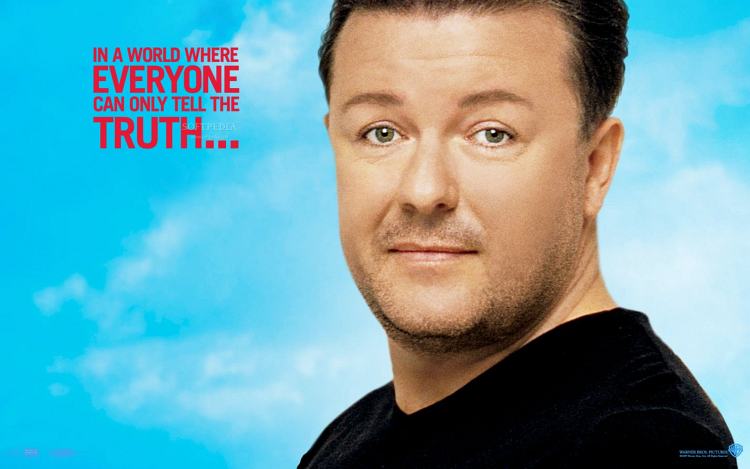
The Invention of Lying (2009): Lying did not exist before Mark Bellison (Ricky Gervais) acquired the ability to lie. Mark could use this power to help others. He, for example, informed his dying mum of a joyful afterlife called Heaven. She passes away happy. Mark used lies for self-serving personal gain too.
Moreover, it’s okay to believe in anything. By forgetting the sentiments of others and by focusing on our own we can assign meaning to whatever we please. Under the enchantments of love, dreams, and passions we can immerse ourselves in our personal interpretations of the world, as the only beholders of them. Objective truths close the gateway to such romantic experiences.
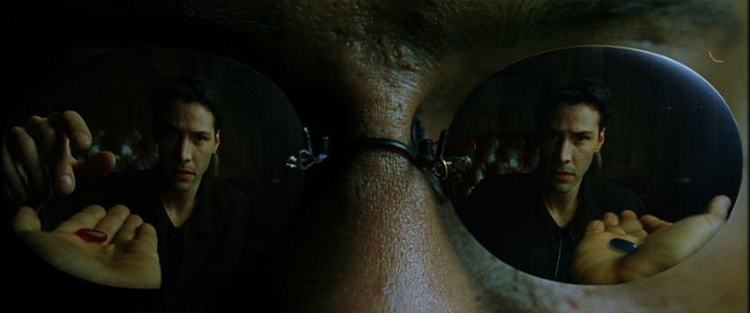
Red pill or blue pill? In The Matrix (1999) Morpheus tells Neo that his current reality is 'a prison for your mind'. But weren't the superficial pleasures of the Matrix superior to a life of harsh, abject decay outside it?
But excessive inward-gazing is also dangerous. It can lead us to the narcissism of solipsism as we slip into patterns of selfishness and consider our impacts on others less. This is where the importance of objectivity steps forward.
Subjectivity cannot resolve societal issues. A scientific approach to public life, of empirical findings about the physical world, has alerted us to the slow but real destruction of the planet, substantially increased life expectancy, dramatically reduced infant mortality, and helped develop essential vaccines to counter pandemic threats to our survival. Meanwhile, democracy is continuing to proliferate around the world as rights of others are granted and discrimination is challenged with common tools of reason. By continuously acquiring knowledge we’ve experienced enormous cultural progress: sustained enlightenment has given us new perspectives and new technologies. Without universal truths there would be no basis for cooperation. We’d be eternally divided by our different interpretations of the world and, crucially, there would be no way to resolve conflict in the face of opposing stubborn ideologies. But in truth, society’s glue, we find concepts we are united by, for streams of information can thread us together. Objectivity is a common language and we should fight for it on a global scale.
A lack of truth is not always easy, either. On a personal level we feel alarmingly suspicious when we’re devoid of knowledge; we despise the idea of being blinded by other people; and we are innately uncomfortable with uncertainty. Because of these animalistic traits we commonly choose to seek out knowledge to determine how much we trust someone. What if our partners are prolific cheaters? Is it not better to know that they’re dishonest and calculated now so that they don’t hurt us in the future? What about inequality? Don’t we have a duty to expose it and push for the redistribution of wealth to improve quality of life for all? And our freedom—shouldn’t we question it to avoid exploitation or are we happy with only the possibility that we’re not being exploited? These are all questions that are worth pondering. The conditions for being able to dodge uncomfortable truths are precarious so we often fall towards truth anyway.
— Ambellina, The Amory Wars: Good Apollo I'm Burning Star IV
Particularly for people with unrelenting inquisitiveness, we need to discover truth when it’s available to escape the malaise of doubt: the unrest is too much for the human spirit. Or we might believe truth will eventually reveal itself anyway as we witness life drop clues of another verity.
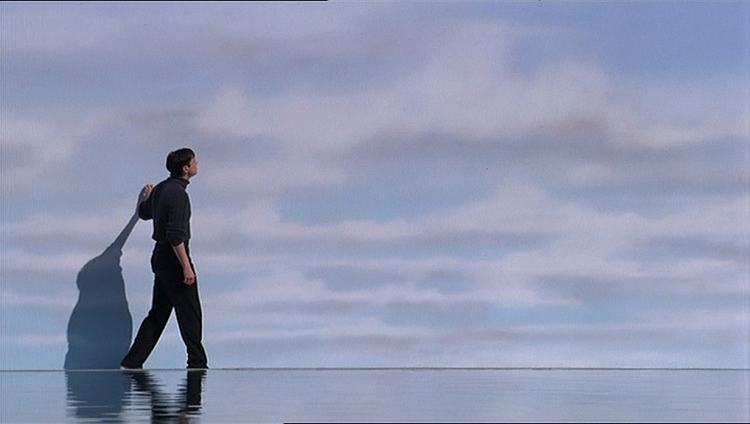
We are curious creatures who are burdened by doubt. Cameras and lights trigger Truman Burbank in The Truman Show (1998) to question the nature of his existence: what he believes to be true doesn't align with what's actually true. He is a prisoner of Plato’s Cave, just like Neo was in The Matrix (1999).
If we feel compromised, we will disrupt the fabric of our realities to ascertain the uncomfortable truth now. But this isn’t always necessary, for truth can sometimes unnecessarily harm us. We should thus be careful and consciously choose to avoid its temptation and conceal it from others where we can. We can compartmentalise our own thoughts to reduce anxiety and discard the wilfulness to overly scrutinise life’s innocuous pleasures.
Subjectivity absolutely has its place at the heart of our happiness. This isn’t my standard take, for I am usually only comfortable with examined substance. But sometimes it’s better to live in moments of illusory bliss because we need to. Forget how counterintuitive this sounds: why wouldn’t you choose to be happier? Ignorance, like the truth, can and will deliver peace of mind.

